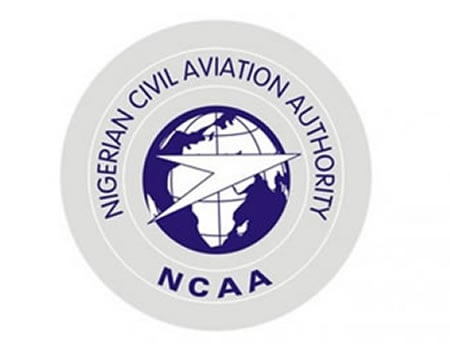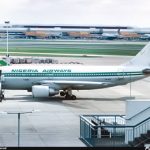This has just played out with the ability of the Nigerian Civil Aviation Authority (NCAA) to again convince the global aviation community that despite the internal challenges confronting the country that safety issues in its aviation sector continues to receive priority.
It is no longer news that a four man team drawn from the United States Federal Aviation Administration (FAA) came to Nigeria last week to carry out a thorough audit assessment of the NCAA and the sector to ascertain their level of compliance with safety standards in line with the global standards.
During the audit which spanned through five working days, the team focused its audit on the State’s aviation law, regulations and oversight capability of the Nigerian Civil Aviation Authority (NCAA) in accordance with the eight critical elements as defined in the International Civil Aviation Organisation (ICAO) document 9734
At the end of the exercise, Nigeria has again proved its competence and subsequently retained the category one status which is the highest safety standard.
The interest of the United States in the regular audit is to ensure that its airlines presently flying into the country are safe and secured.
Though the team has still not announced the actual measure of Nigeria’s performance until after two months as its the norm, when Nigeria is expected to adjust some few grey items discovered during the audit, but one obvious reality is that the areas Nigeria has excelled is already above 70 per cent which automatically qualifies it to retain the status.
Again, the cheering news about the whole scenario is that the signal at the end of the one week audit has shown that despite the hiccups here and there, things have not gone that bad.
Obviously, when it comes to countries which are doing well in their aviation sectors around the globe, Nigeria is one of them in view of the brains it parades in the various different professions that made up the core critical aviation professions.
Recalled that the first time the audit took place during the tenure of Dr Olusegun Demuren as the Director General in charge of the NCAA in 2010, Nigeria overwhelmed the international community when it scored over 93 per cent, a performance described as one of the highest.
The continuous ability of Nigeria to guard jealously the safety standard is what has been working for the entire sector and also responsible for why many foreign airlines around the world are jostling for opportunity to operate into the country.
While celebrating in advance the great success, the time has come for the NCAA to sit up and be more alert to its responsibilities by ensuring the domestic airlines do not slack in their operations.
While the NCAA is working round the clock to keep flying the image of the country well, there is the need for the ministry of aviation on whose shoulder lies the responsibility of signing and implementing Bilateral Air Services Agreements (BASA) to seize this opportunity to support the strong domestic airlines to reciprocate the open skies agreement existing between Nigeria and America.
Presently, there is no Nigerian carrier operating into America since the suspension of flights by Arik Air there.
If the ministry of aviation can be supporting foreign carriers from increasing their frequencies into Nigeria and signing new BASA deals, it should also dedicate the same energy into providing all the enabling environment for one or two of the domestic airlines that are competent to commence flights into the US.
While the celebration continues, government should make the environment more business friendly for if this and other critical issues are tackled, the country’s aviation sector is bound to be amongst the best on the continent.







